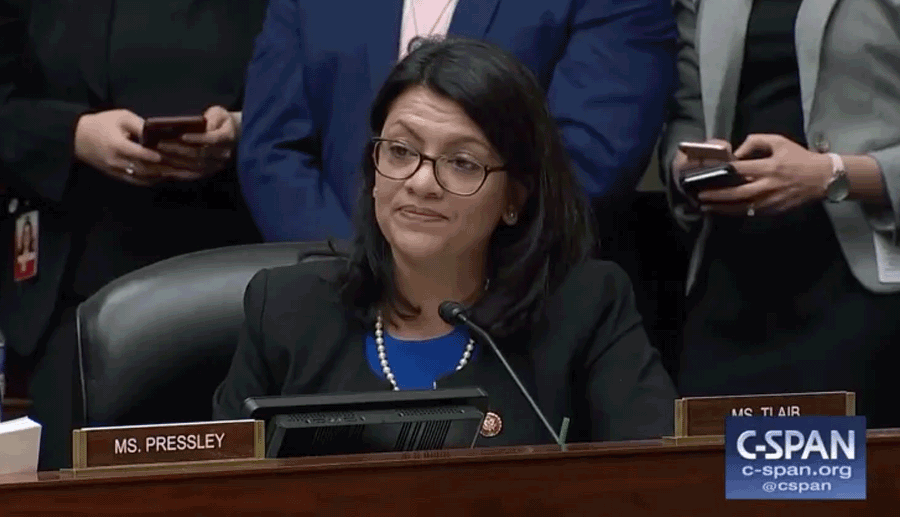
BAYSIDE, NY – First and foremost, let me be clear that I have every love and concern as a Christian for my Muslim brothers and sisters for whom Jesus died, along with the rest of humanity, to save and bring to the joy of heaven and eternal life. I certainly entertain no hate or hostility to the Muslim community. Rep. Rashida Tlaib has condemned those who have criticized members of her community as Islamophobic. The congresswoman misses the point. A phobia is an irrational and emotional response and this is not the case.
Tlaib ignores the worldwide acts of terrorism emanating from a minority of the Muslim/political/cultural societies in certain Muslim countries. These have been ongoing. The Coptic church in Egypt has been under constant attack by fundamentalist Muslims; the same is true of Christian communities in Nigeria and the Sudan; there have been numerous attacks in the U.S. and Europe and Russia. Christian communities in the Middle East have been under similar attack from the forces of radical Islam.
Given this history, albeit by a cultural radical minority, “Islamophobia” is not the correct term since the concern over the forces of radical Islam are to some extent, reasonable.
I again add that the overwhelming majority of all Muslims are hardworking and law-abiding. Nonetheless, let’s take a look at a few passages of the Koran that could raise reasonable concern and that might give rise to a degree of worry, rational but not phobic. Koran 4:9 says to kill those who turn back from Islam. The Sahih al-Bukhari 52:260 says to kill a Muslim who discards his religion. The Sahih al-Bukhari 84:57 says the same. The following verses of the Koran support the death sentence for apostates: 2:217; 9:73-74; 88:21; 5:54; and 9:66. Let us take a look at Koran verses concerning a woman and her worth. Koran 4:11 says the male shall have the equal portion of two females. Koran 2:228 says that the men are a degree above women. Koran 5:6 says men are to rub dirt or water on their hands to purify themselves following casual contact with a women such as shaking hands.
Finally, let us take a look at some verses of the Koran that recommend violence against infidels. Koran 3:56 states that as to those who reject faith they will be punished. In Koran 3:151 it states we shall cast terror into the hearts of unbelievers. There are many other similar passages concerning violent treatment of unbelievers including 4:101; 5:33; and 8:12.
I do not say that even a thin minority of Muslims either know or believe in these Koranic passages, but I do say to Ms. Tlaib that there are events in the past and elements of the Muslim faith that bring about the feelings she describes that have some basis in fact, however embarrassing to face or deal with, and they cannot be ascribed to an irrational fear as she seems to suggest.



Comments are closed.